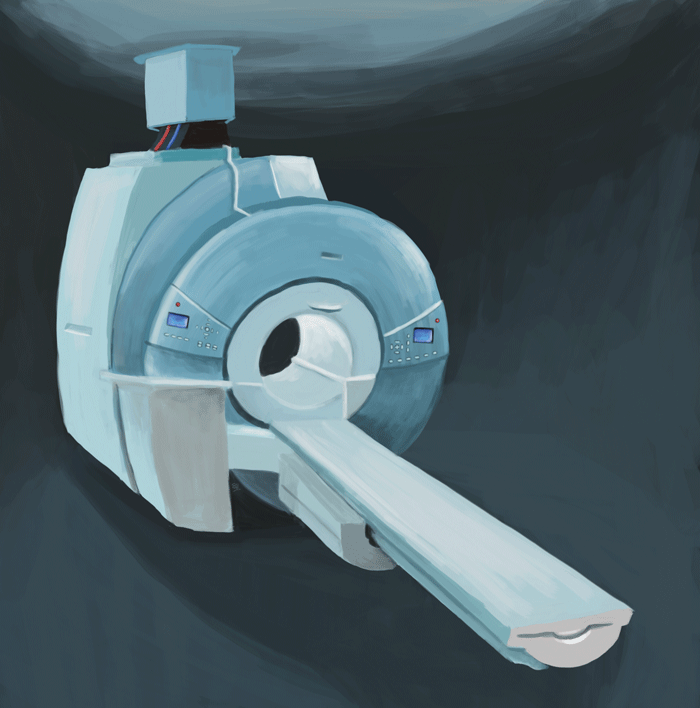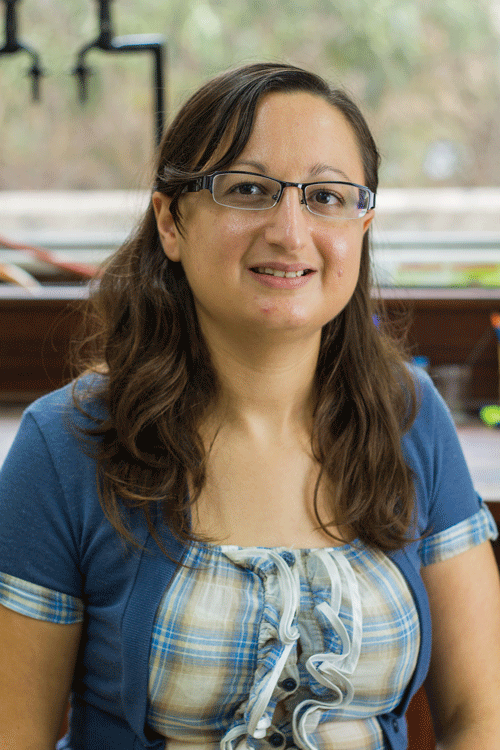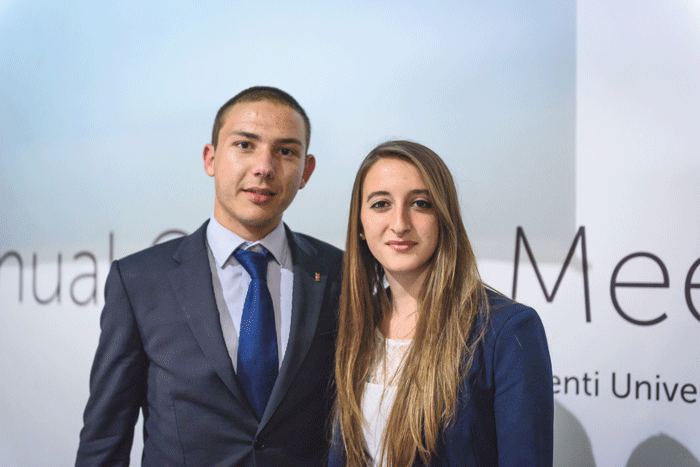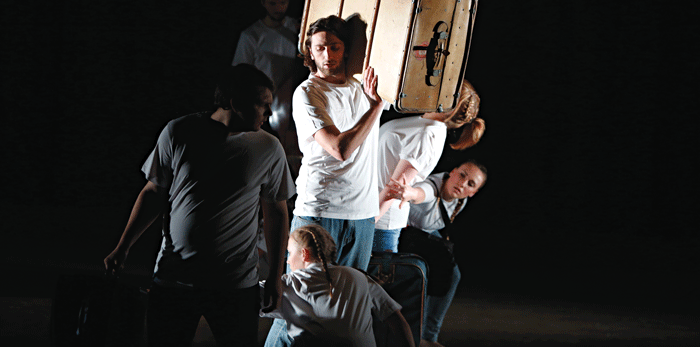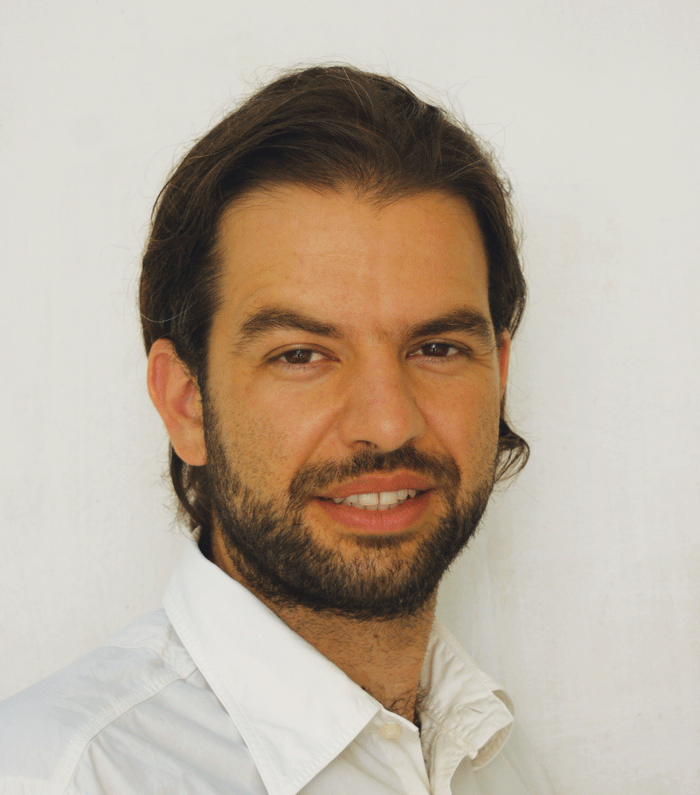What can Malta learn from Singapore?
By Dr Andre Xuereb and Dr Edward Duca
Singapore is Asia’s success story. It has a landmass just over twice that of Malta but produces over 30 times its economic output. Singapore has invested heavily in quantum technologies, turning itself into one of the world’s leading industrial economies. Though poor in natural resources, Singapore’s investment in knowledge has resulted in it becoming one of the world’s healthiest industrial economies.Continue reading
Climate Change challenging International Law
Last year when the US President Barack Obama used his State of the Union’s address to argue that the present generation should be concerned with the patrimony future generations will inherit, observers knew that he was instilling urgency into the climate change debate.
Research, Teeth, and the Community
Prof. Nikolai Attard was on the other end of the phone and was passionately describing what he had in mind. ‘A mobile dental clinic will be able to reach out to the community, schools, old people’s homes, village squares and we’ll be collecting epidemiological data on oral health which can then be fed into existing health data. At the same time we’ll be providing a free dental examination and advice to thousands of people, which they will then follow up with their personal dentist. This could be a first for Malta.’ Nikolai, Dean of the Faculty of Dental Surgery (University of Malta), is determined to expand the Faculty’s teaching activities and promote oral health.
Seeing the unseeable
Unlocking the mysteries of the brain with MRI. Everything we think, say, or do depends on our brain. It is the most vital organ of our body but one of the least understood. Recent advances are changing things. With magnetic resonance imaging (MRI), scientists and researchers are getting an inside look into what makes us tick. Cassi Camilleri speaks to Dr Sonia Waiczies Chetcuti, Dr Helmar Waiczies and Prof. Kenneth Camilleri about their vision for experimental MRI in Malta. Illustrations by Sonya Hallett.
Colour Chemistry in Water
Written by Maria Cardona
Atmospheric carbon dioxide (CO2) levels have increased dramatically in the last few decades. Famous for causing global warming, CO2 is also resulting in the acidification of seas and oceans. This disturbs the rich life of the marine ecosystem, which affects human communities dependent on this environment for their livelihood. For islands like Malta and Gozo, this problem is particularly important. This ‘silent crisis’ has attracted the X-prize Competition organisers who have set a $2 million dollar prize to be awarded to anyone that can develop stable, inexpensive, and precise acidity (pH) sensors to help understand the acidification of marine environments. At the same time, a European COST initiative (Supramolecular Chemistry in Water) is encouraging the design of water-soluble molecules which can recognise analytes. Most chemical sensors do not perform well in water.Continue reading
Students: On Research and Funds
KSU gives its opinion about research
Why do we need research? Why should the University of Malta invest in research? The answer is simple: knowledge. Education has no meaning without a thirst for new information through research.
Universities should be obliged to generate new knowledge by creating thinkers and investing in them. This includes creating an environment where both students and corporations are eager to invest time and money into knowledge worth pursuing. How can this be achieved if students, once they graduate, lose their enthusiasm to find new knowledge? Postgraduate students are faced with insufficient funds and extremely short time frames. Our University has already started moving in the right direction. However, we lack a stable workforce capable of sustaining continued research. This is not easy. Only through dedication, planning, and investment can we break the surface and become a self-sustaining organisation worthy of an academic university.Continue reading
Fusing philosophy and performance
 Interdisciplinary research and practices blur boundaries. While the premodern approach to research distils areas into fine categories and certainties, interdisciplinary ideas spread across different fields. Performance is charged with interdisciplinarity.
Interdisciplinary research and practices blur boundaries. While the premodern approach to research distils areas into fine categories and certainties, interdisciplinary ideas spread across different fields. Performance is charged with interdisciplinarity.
The University of Malta’s School of Performing Arts conducts interdisciplinary research that connects the performing arts with various disciplines in the Sciences and Humanities. This year’s school annual conference focused on this, in particular on eight overlapping performance categories: everyday life, the arts, sports, business, technology, sex, ritual, and play. The performing arts can endlessly combine these groupings in ways that range from theatre, dance, and music, drawing material from—but also impinging upon—everyday life, to training in performance and in sports. These arts share the drive for efficacy and efficiency with business, besides witnessing an increasing use of technological innovation.Continue reading






